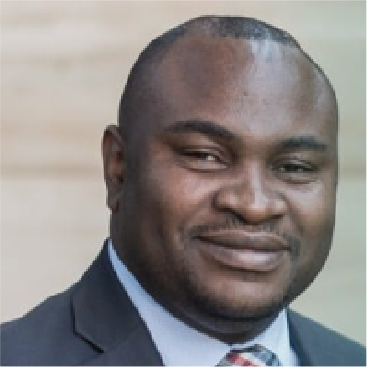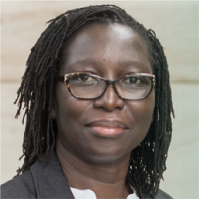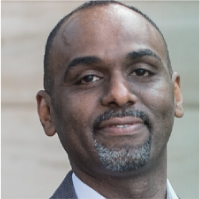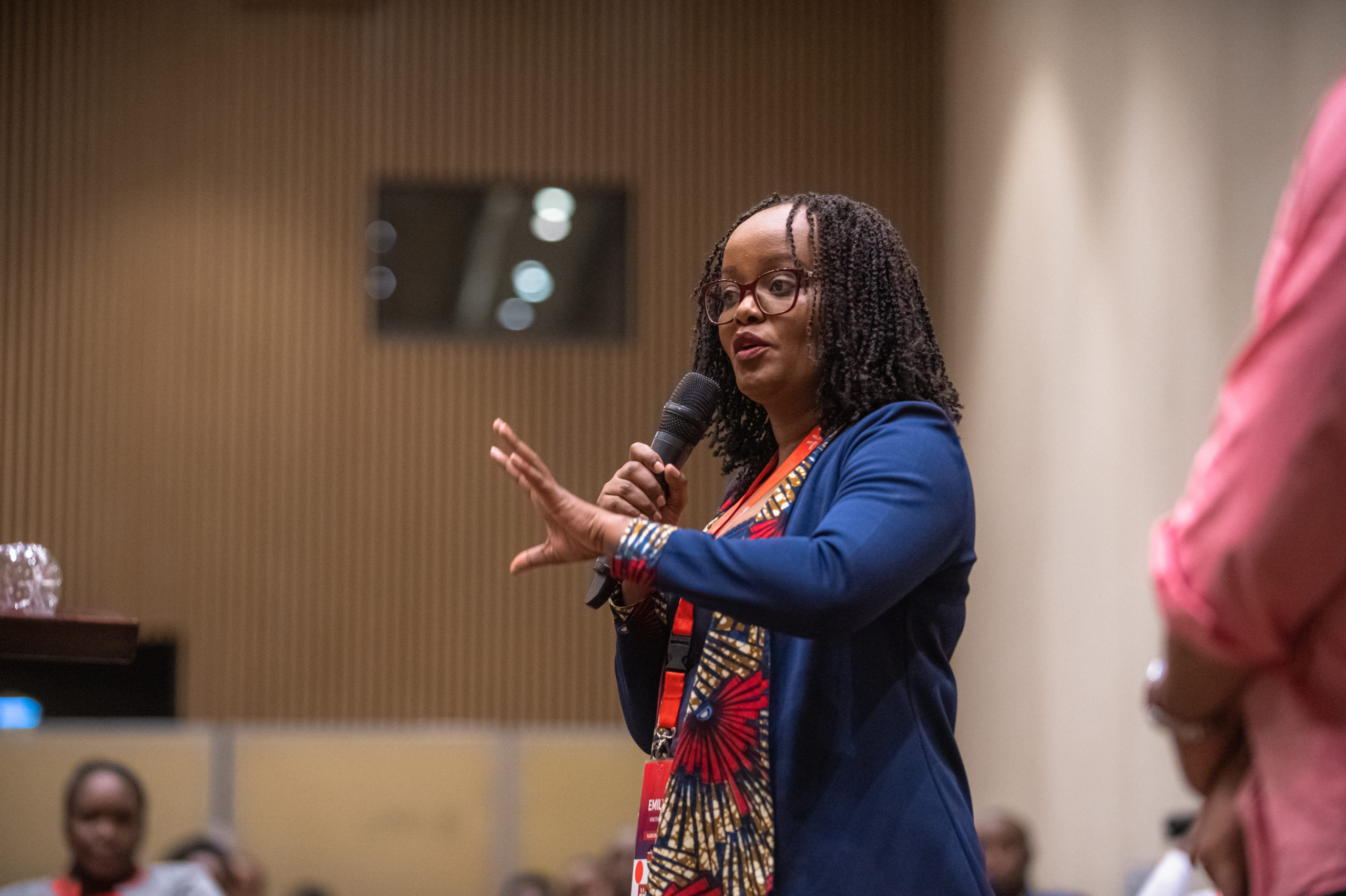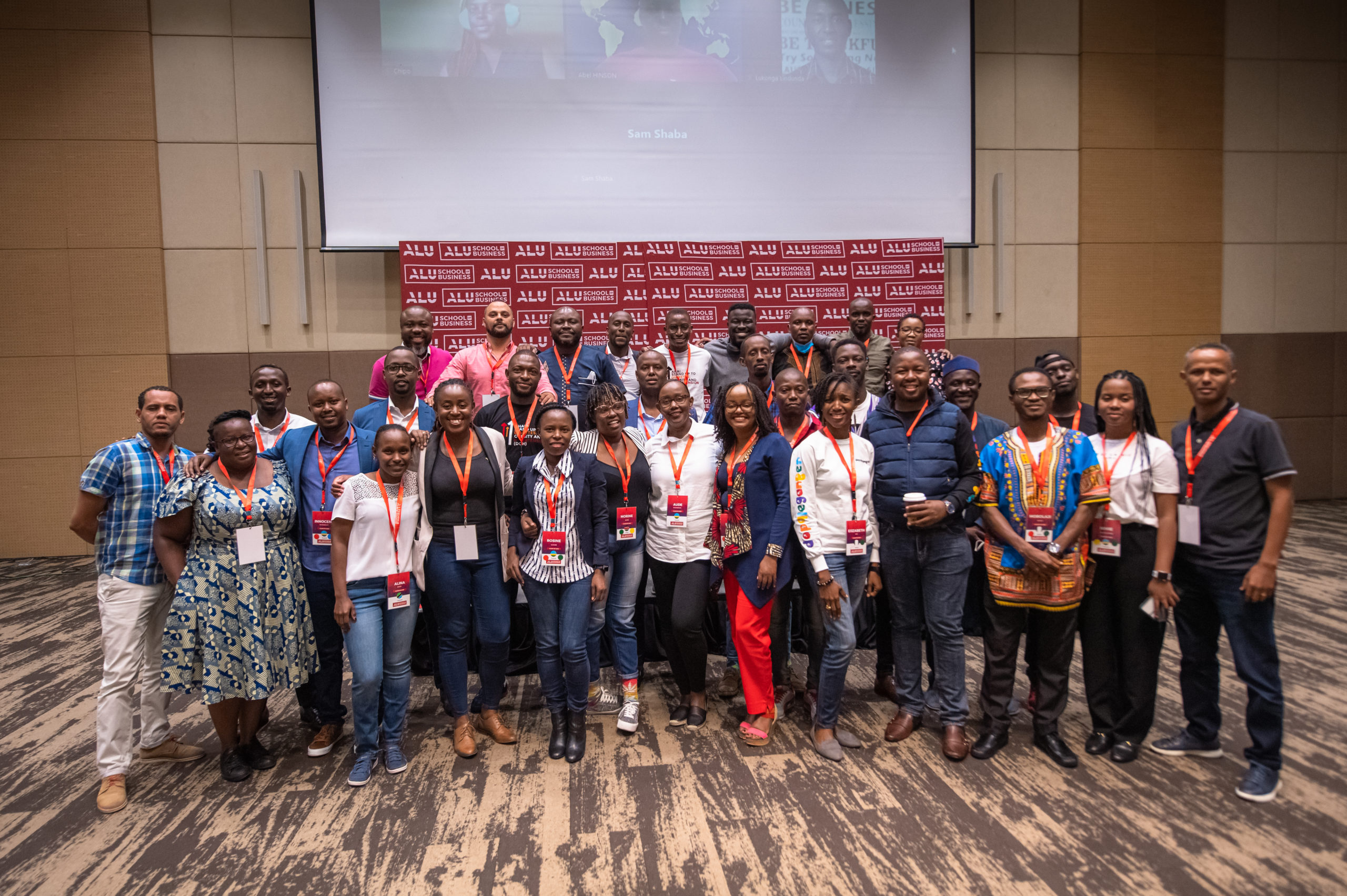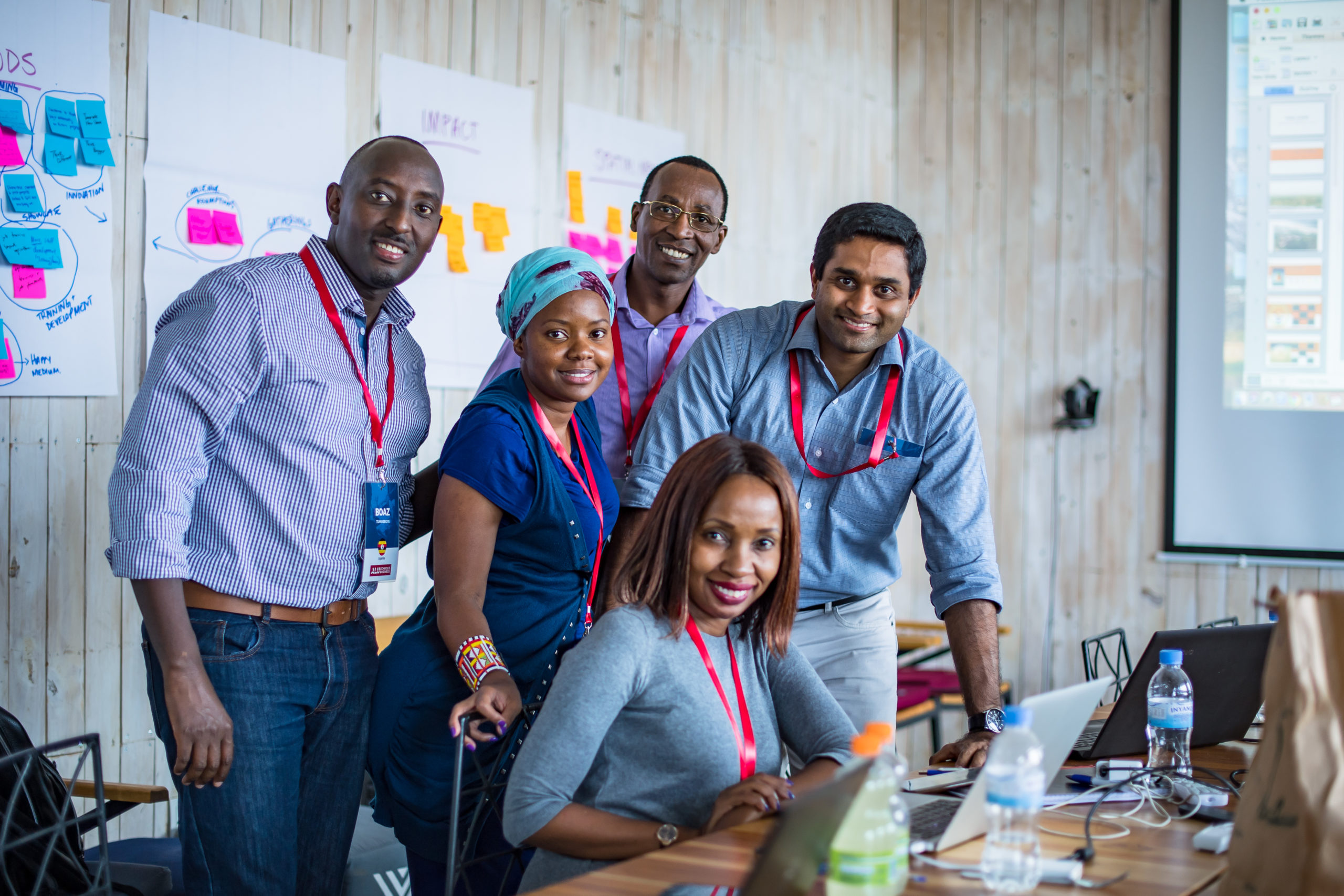Gbenga Oyebode founded Aluko & Oyebode, one of Nigeria’s top law firms, and is currently the Managing Partner. Oyebode was also one of the founding investors in MTN Nigeria and still serves on its board. Oyebode has developed significant experience in project finance, corporate law, energy and natural resources, telecommunications and aviation law. Oyebode served as Chairman of the board of Access Bank, and currently serves as the Chairman of Okomu Oil Palm PLC and of The Okomu Oil Palm Company Plc. He is also one of the most successful real estate investors in Nigeria. Oyebode received his undergraduate degree from the University of IFE and his masters in law from the University of Pennsylvania in the USA.
Why are you interested in supporting the ALU School of Business?
I’ve always thought that the biggest gap on the African continent has been education, more specifically from a leadership and entrepreneurship perspective. There not have been enough opportunities and/or colleges where we have been able to focus on the gaps that we all see. After all of the great work that Fred has done at ALA, I thought this was a natural next step… first with ALU, but secondly with the School of Business and MBA programme.
All across the continent, we find entrepreneurs and business people that essentially develop ideas, not necessarily because they are able to leverage experience from their education, but because they are instinctive business people. A programme such as the ALUSB MBA would serve as a training ground for learning from the experiences of other African businesses, and also serve as a good training ground for emerging entrepreneurs on the continent. For me, this is why I felt this was definitely a way to go.
What excites you most about ALUSB, and what is your vision for the MBA programme?
The best way to get us out of the poverty trap that we see on the continent is through the educational process and the creation of wealth. My biggest concern, and what I see the ALUSB MBA programme doing is, creating wealth through an educational process which increases the number of people that are trained with business skills. My vision for ALU is that we are able to build campuses across the continent, not just Mauritius and Kigali, and to increase our pan-African student body… essentially to develop and have an actual pan-African prorgamme for the continent.
If we do this and achieve that objective, then we will be able in time to create a significant number of skilled individuals who will go back into their countries to do the things that are necessary: to create jobs, to create wealth, to bring ideas around sustainability and the environment, and to make sure that we don’t wait for multinationals or people who don’t have the same ideas that we have on the continent for our communities and our stakeholders. If we are able to do this successfully, I believe we will be able to create change on the continent in a scale that will bring people up from poverty.
What do you hope to teach the students?
I have spent a significant amount of time within the practice of law in Nigeria and across the continent. I consistently deal with issues of corporate governance and business judgment, and from a day to day perspective, I have significant industry experience from sitting on the boards of different companies. For example, I sit on the MTN Nigeria board, and I was the chairman of the board of Access Bank Nigeria for over 10 years. Discussions on telecommunications, banking, convergence within mobile telephony, and broadcasting are all issues that I have grappled with closely over the last 15 years. Additionally, I have worked on corporate finance and structuring transactions, and provided counsel on project financing (e.g., infrastructure construction and privatization). I have also attended executive programmes at HBS (Advanced Management Programme) and INSEAD (Corporate Governance Directors Programme), and I think that these experiences at the best business schools around the world I can bring to bear as a faculty member at ALUSB.
If you were teaching a course on Corporate Governance, what would you encourage students to be most excited about in that class?
At the end of the day, what is corporate governance? It is all about transparency in the way you operate. We call it corporate governance from the perspective that we are thinking of corporate. In reality, the topic is also about full disclosure and transparency, and how this impacts the way we govern and how the government interacts and engages with its citizens. The reality is that this is more than just a corporate course. It is about how you engage with your citizenry, how you create an enabling environment and a level playing field in our countries, how you promote transparent behavior and total disdain for corruption, and how you enable people to engage with regulators and governments. That is what corporate governance is all about. Focusing on the issues, but also making sure that our stakeholders (and not just our shareholders) are accounted for – stakeholders from a sustainability perspective includes everyone in the country in which we operate. For me, that would be the underlying basis of the corporate governance course. Let’s treat ourselves the way we would like to be treated. Let’s treat our stakeholders, country, people, shareholders, and consumers in a way in which we share learnings and growth, and let’s be transparent about behavior, the things we do, and let’s pay attention to the rules.
Why do you think an MBA is important for African business leaders looking to make an impact on the continent and in their careers?
One of the great things about an MBA is the general management skills that you pick up as part of the programme. Lots of people get a basic first degree in liberal arts or the sciences, but then think to themselves that I would like to be a general manager in the business and understand what’s going on. The value of an MBA is that you look at HR issues, accounting issues, governance issues, and when you look at all of these things, you end up with the ability to actually develop skills outside your core area.
These general management skills that you are able to develop and refine prove most important in countries on the continent where there is a lack of these types of skills. We don’t have enough professionals who have a broad range of skills in their own businesses as entrepreneurs or when they work in-house for corporates. This lack of skills tends to cloud judgment sometimes. For example, you may not be able to understand the impact of hiring practices on the returns of a business, or you might not see the impact of sustainable behavior on your returns. General management knowledge and training will equip businesses to develop on the continent.
How do you feel leadership development will contribute to helping the continent?
One of the greatest things that I have always taken away from the African Leadership Group (through ALA, ALU, and now ALUSB) is an understanding that leadership remains one of the conundrums that we have to build on the continent. We often tend to end up with leaders who may have wanted power but didn’t understand what to do with it, or who may not understand how to create wealth through the educational process, primarily leadership and entrepreneurship training. This will be the way that we will change the continent given the quick population growth that we are seeing. We need to understand that power through governments, and governments themselves, will not be the catalysts we need on the continent. The catalysts for growth on the continent will be the entrepreneurs and people that understand where the gaps are, and education is one of those gaps.
For me, leadership skills and entrepreneurship programmes must be something that we encourage, because the change that we want across the continent will have to be change outside the limited skills that some of our governments have. Change will come primarily through armies of business people who understand that the bottom billion needs to be pulled up not at a slow pace, but at a very rapid pace, given the changes that we are seeing around the world. If Africa is the “Next Frontier”, we should not be willing to wait for this perpetually, but rather should wrestle with, grasp and deal with this opportunity as quickly as possible.
